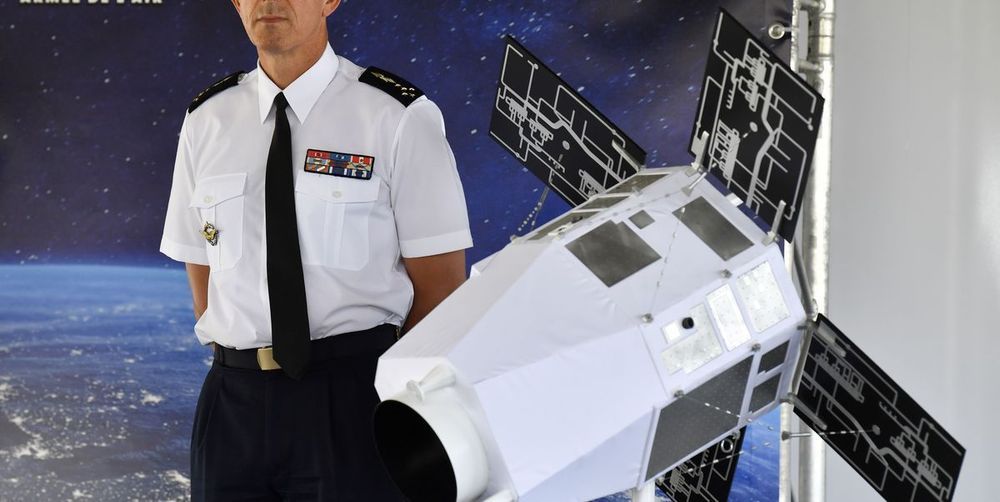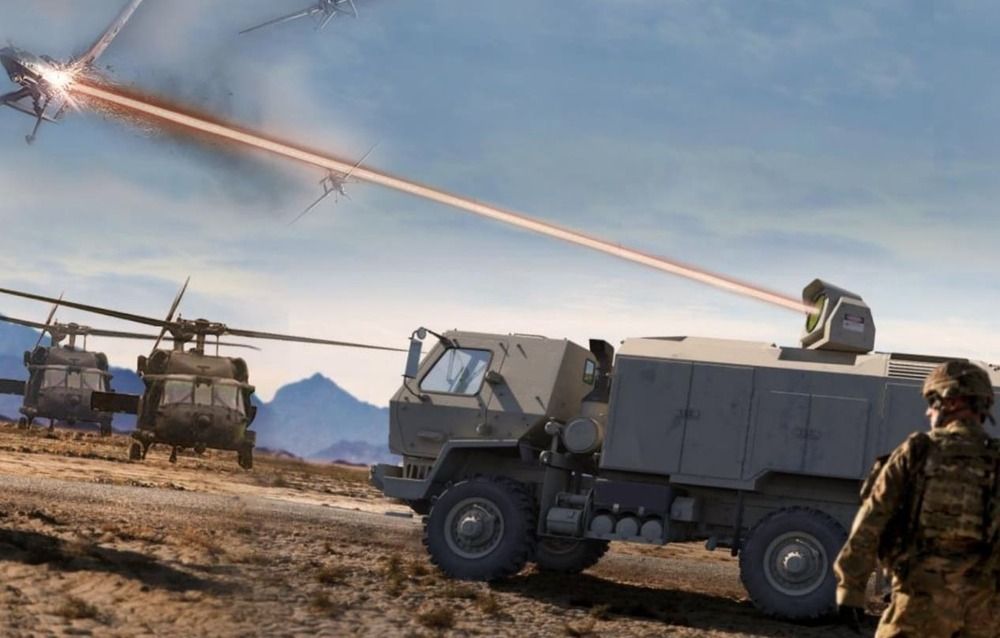Such fifth-generation fighters are only now coming into service and others are being developed in Russia, China, and Japan, but they are already obsolete. Even while the F-35 was still in the testing phase, the US Pentagon was looking at a replacement, and countries like France and Germany gave up their own efforts at building a fifth-generation fighter in favor of skipping straight to making a sixth.
The world of aerospace is full of buzzwords and phrases and one that’s been getting a lot of attention in military aircraft circles is “sixth-generation fighters.” Rather than an F-35 or a Typhoon with new trim and chrome hubcaps, these emerging combat aircraft are set to represent a real sea change in tactics and, perhaps, strategy in the middle of the 21st century. But what exactly is the sixth gen? Let’s take a look.






